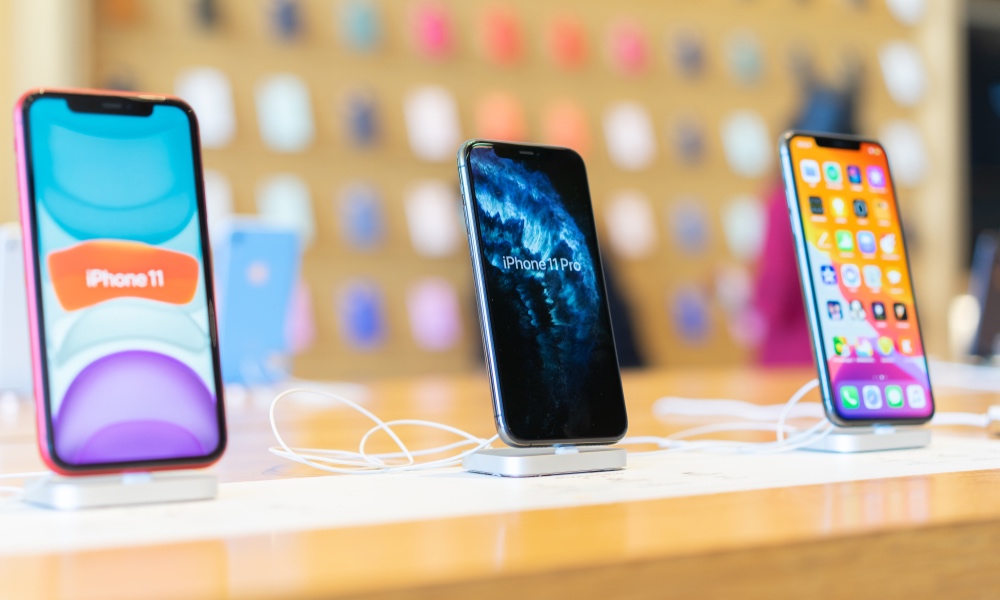Lab Claims iPhone 11 Pro Emits 2x the FCC Radiation Limit (But Don’t Worry)
 Credit: chainarong06 / Shutterstock
Credit: chainarong06 / ShutterstockToggle Dark Mode
A California-based lab alleges that Apple’s latest iPhone 11 Pro handset emits more than double the FCC’s smartphone radiation limits, according to a press release published on Tuesday. But before you get too worked up, there are some key questions to ask about the new testing, as well past iPhone radiation controversies. Here’s what you should know.
iPhone 11 Pro Radiation Testing
San Marcos, California-based RF Exposure Lab apparently found that the iPhone 11 Pro exposes users to a Specific Absorption Rate (SAR) of 3.8 W/kg. The press release also points out that the FCC’s legal limits set the exposure rate to 1.6 W/kg.
RF Exposure Lab said that it performed its radiation testing per FCC guidelines, with a smartphone about 5mm away from a specially engineered mannequin. There weren’t any other details about the lab’s methodology in the report, however.
It’s worth noting that, despite being carried out by an independent lab, this specific test appears to have been commissioned by an iPhone accessory maker called Penumbra brands.
Panic over iPhone Radiation
Back in August 2019, the Chicago Tribune published the results of an investigation into smartphone radiation limits. It apparently found that some popular smartphone models, including some iPhones, exceeded the FCC exposure limits.
After that report, other organizations smelled blood in the water. Chicago-based law firm Fagan Scott carried out its own testing and launched a class-action lawsuit against Apple and Samsung. (Penumbra Brands also said it conducted a similar test in the wake of the Tribune’s report.)
Apple, of course, denies that its devices exceed federal guidelines. It pointed out that there were errors and methodology mistakes with the independent tests.
The FCC has since concluded an investigation of the smartphones in the Tribune’s report and found that none of Apple’s or Samsung’s devices actually exceeded federal limits.
Here’s Why You Shouldn’t Be Concerned About iPhone Radiation
First of all, the test commissioner, Penumbra Brands, apparently makes cases that “protect” users from smartphone radiation. That doesn’t automatically prove anything nefarious, but it’s a good habit to be suspicious of science seemingly spurred by financial motivation.
It’s also a good idea to take a look at what those federal guidelines actually mean. The radiation safety limits tend to be conservative and FCC testing is typically done to simulate worst-case scenarios.
Even if an iPhone tests above those limits, it’s still not really an actual health hazard.
There’s the larger question of whether smartphone radiation is actually harmful at the levels that users are exposed to. Despite the scary-sounding statistics in Penumbra Brand’s press release, there are just as many studies that suggest exactly the opposite.
The National Cancer Institute hasn’t tracked any increase in brain tumors since smartphones have become popular. The World Health Organization (WHO) also notes that “no adverse health effects” from smartphone radiation have been established.
That’s the same WHO that originally set off a wave of panic in 2011 with its “possibly carcinogenic” flag.
All of this is to say that the average smartphone user probably shouldn’t be too concerned about the radiation from their devices. If you still are, use speakerphone and don’t keep it in your pocket.






